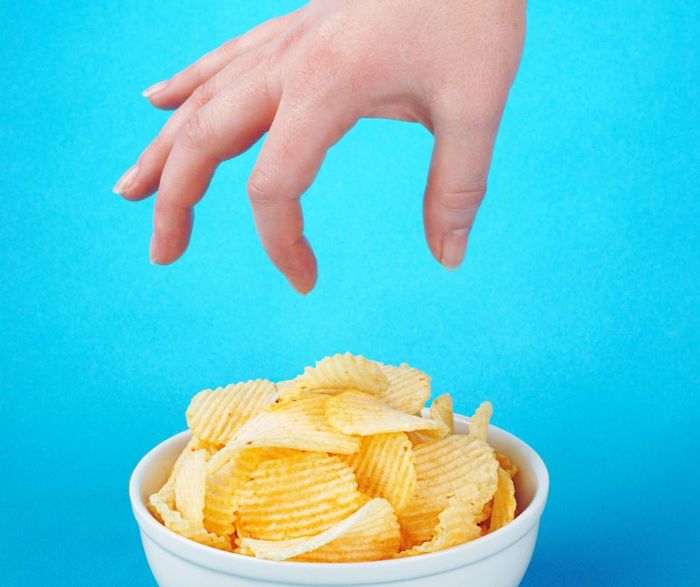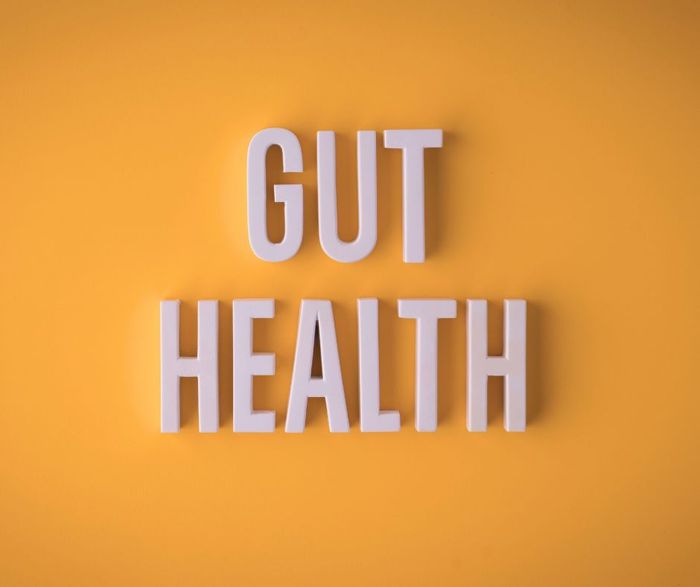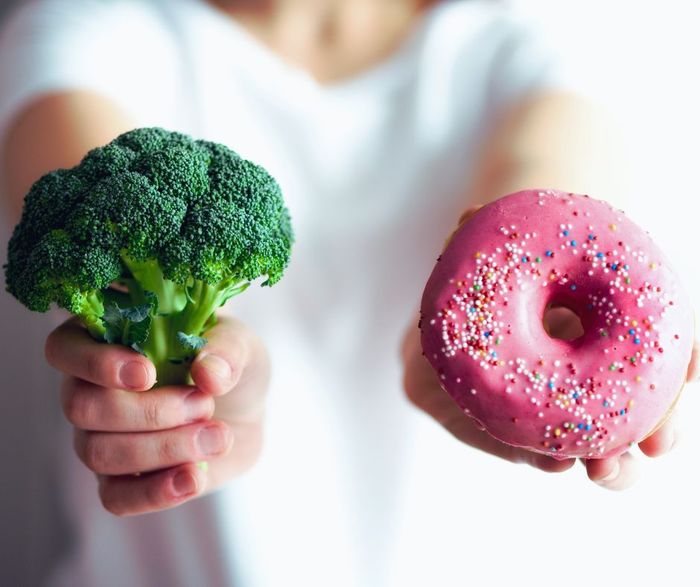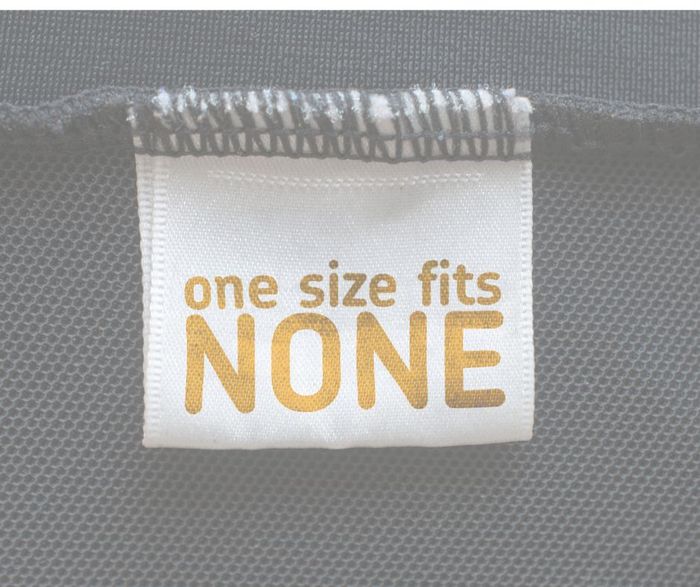My AI Wellness Experiment: Day 12 - When "Just One" Becomes Half the Bowl

I felt it was coming and day12 brought me face-to-face with one of the most frustrating aspects of changing eating habits: the "just one" trap. I thought I could handle eating just one chip. Spoiler alert - I couldn't. Before I knew it, I'd eaten half the bowl, sitting there wondering what the hell just happened and why I couldn't seem to control myself.
In speaking with my AI wellness coach, I found out that this wasn't about being weak or lacking willpower. This was about walking straight into a biological trap that food companies have spent millions of dollars perfecting.
The Science Behind the Slip
What I learned is that my chip catastrophe wasn't a personal failure - it was biology working exactly as intended. These foods are specifically designed to bypass our normal fullness mechanisms. That's why I could eat chips all day and never feel satisfied. Over time, my body becomes less sensitive to these foods, so I need more just to get the same dopamine rush, and I actually experience withdrawal-like symptoms when I don't get them.
Chips hit what's called the "bliss point" - the perfect combination of salt, fat, and crunch that triggers maximum dopamine release in the brain. There's an entire industry devoted to using psychology and neuroscience to make junk food as addictive as possible. They're not accidentally irresistible; they're intentionally designed that way.
The "just one chip" mentality assumes I can outsmart decades of food science research with willpower alone. Some people might be able to eat just one chip, but their existence doesn't prove that food companies are innocent. Addiction lies on a spectrum, and I'm clearly more affected by these trigger foods than I want to admit.
The Alcohol Connection
I asked whether the same principle applies to alcohol, and found out it does but with some important differences. While junk food affects most people similarly, alcohol impacts everyone differently based on genetics and individual risk factors. Some people can moderate successfully, while others find abstinence is the only sustainable approach.
For someone like me who's actively working on weight loss and habit change, alcohol presents multiple challenges. It's calorie-dense at 7 calories per gram, often leads to poor food choices, and disrupts both metabolism and sleep quality - two things I've been working hard to improve.
More importantly, alcohol lowers inhibitions and decision-making ability. When I'm already dealing with declining willpower around day 12, adding alcohol to the mix makes it even harder to stick to my food plan. The "just one drink" can easily become several drinks, which then leads to late-night snacking and completely derailing my progress.
Just like with chips, I will need to ask myself honestly: Does "just one drink" typically lead to more drinks and poor food choices? If the answer is yes, then temporary avoidance is probably the smarter strategy for me right now.
The All-or-Nothing Question
This brings up the fundamental question I had to face: Do I avoid these trigger foods and drinks completely, or do I try to train myself to have restraint and consume them in moderation?
The answer I received is that it depends on where I am in my journey and how these substances affect me personally.
Right now, 12 days into successfully changing my eating patterns and dealing with naturally declining willpower, it was suggested complete avoidance of my trigger foods is likely more successful than trying to practice portion control.
It's not about lacking self-control - it's about recognizing that these foods are literally designed to override my self-control mechanisms. Fighting biology with willpower alone is like trying to swim upstream in a raging river. It's possible, but it's exhausting and often unsuccessful.
Practical Strategies
So instead of setting myself up for repeated willpower battles,it was suggested that I use strategies that work with my brain rather than against it:
Don't bring trigger foods into my house in the first place
If I want chips, buy a single-serve bag when I'm out, not a family-size bag for home
Pour a small amount into a bowl instead of eating straight from the container
Recognize that moderation might be something I can work toward later, but abstinence might be necessary now
The key insight is that I don't have to prove I can moderate everything right now. I can always revisit moderation later when my new habits are more established and my willpower reserves are stronger.
The Bigger Picture
What happened on day 12 taught me that sustainable change isn't about perfecting self-control around trigger foods. It's about being honest about what works for me personally and creating an environment that supports my goals rather than sabotages them.
My AI wellness coach pointed out that the chip incident wasn't a failure - it was valuable information about how my brain responds to certain foods. Instead of beating myself up, I can use this knowledge to make better decisions going forward.
Some people can eat just one chip or have just one drink. I might not be one of those people right now, and that's okay. The goal isn't to be able to moderate everything; it's to reach my health and wellness objectives using strategies that actually work for me.
Key Learning
"Just one" is often a setup for failure with foods designed to be addictive - recognizing this isn't a character flaw, it's smart strategy to avoid situations that override my self-control mechanisms.
Know when just one really means many more.
Check out my next post where I discover why one why one-size-fits-all weight loss plans don't work for women like me
Interested in reading all my experiences and conversations so far? Check them out here!
Related content







